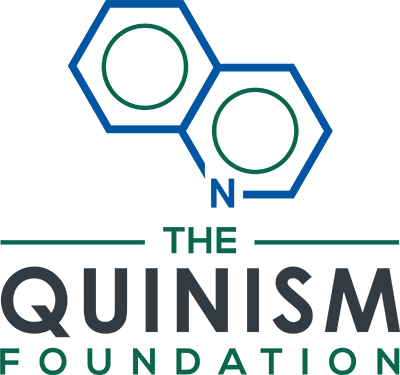The Quinism Foundation Will Hold Its First Annual Meeting in White River Junction, Vermont
The Foundation Supports Education and Research on Chronic Quinoline Encephalopathy, a Medical Condition That Can Mimic PTSD
WHITE RIVER JUNCTION, VT. (PRWEB) APRIL 23, 2018
More than two dozen attendees from the United States and Canada are expected for the first annual meeting of The Quinism Foundation, Monday, April 30 through Tuesday, May 1, 2018, in the village of White River Junction, Vermont.
The event, which will be held in the Vermont Room at the historic Hotel Coolidge, will feature educational talks on neuropsychiatric quinism, also known as chronic quinoline encephalopathy — a medical condition caused by poisoning by quinoline drugs such as the antimalarial drugs mefloquine and tafenoquine.
“Symptoms of neuropsychiatric quinism can include terrifying nightmares, severe insomnia, crippling anxiety, and debilitating cognitive and neurological dysfunction that can continue long after the drugs are stopped,” said Remington Nevin, MD, MPH, DrPH, executive director of The Quinism Foundation.
“The lasting symptoms of neuropsychiatric quinism are regularly mistaken for those of Posttraumatic Stress Disorder (PTSD), particularly among military veterans, many of whom were issued quinoline antimalarials such as mefloquine and tafenoquine during overseas deployments.”
Attendees at the meeting will learn how the U.S. military and the Department of Veterans Affairs (VA) — as well as the militaries and veterans’ agencies of Canada and other countries — are addressing the burden of neuropsychiatric quinism among their populations. The meeting will also feature updates on issues related to the use of quinoline drugs among Peace Corps volunteers and civilian travelers, as well as updates on recent, pending, and planned regulatory actions by the Food and Drug Administration (FDA) and international drug regulators related to mefloquine, tafenoquine, and related quinoline drugs. Attendees at the meeting will also learn about the status of recent domestic and international legal cases related to use of these drugs. The meeting will feature several guest speakers from military and civilian backgrounds, who will share their experiences and insights on these and other topics.
“We are very pleased to welcome David Stuart MacLean, author of The Answer to the Riddle Is Me, to our annual meeting,” said Dr. Nevin. “The book is a fascinating narrative of amnesia and psychosis caused by mefloquine. David will be reading from his book and answering audience questions.”
In addition to MacLean, other guest speakers include Dr. Elspeth Cameron Ritchie, former U.S. Army psychiatry consultant to the Army Surgeon General; Michael J. Little, owner and principal consultant of Sea Service Family, Consulting; lawyer John N. Maher; and lawyer and author Don Brown.
Meeting registration is free and is open to the general public. To learn more and to register, visit quinism.org/meeting.
About The Quinism Foundation
The Quinism Foundation promotes and supports education and research on quinism, the family of medical disorders caused by poisoning by quinoline drugs. Founded in January 2018, the Quinism Foundation is a 501(c)3 Vermont domestic nonprofit corporation supported by private donations. It is advised by an international committee chaired by Mr. Andrew Bryce, of Dublin, Ireland. The Foundation’s board of directors includes retired U.S. Navy Commander William Manofsky, retired U.S. Army Lieutenant Colonel Gregory Alderete; Michael Little, U.S. Navy Petty Officer 2nd Class, Individual Ready Reserve; and retired U.S. Army Colonel and former psychiatry consultant to the Army Surgeon General Dr. Elspeth Cameron Ritchie.
Dr. Nevin is a board-certified occupational and preventive medicine physician and former U.S. Army medical officer and epidemiologist, based in White River Junction, Vermont. He is author of more than 30 scientific publications on malaria and the quinoline antimalarials, including “Mefloquine and Posttraumatic Stress Disorder”, published in the U.S. Army’s Textbook of Military Medicine series (see: http://www.cs.amedd.army.mil/FileDownloadpublic.aspx?docid=59eea54e-292d-4a35-9117-d9be6c40dac3).

